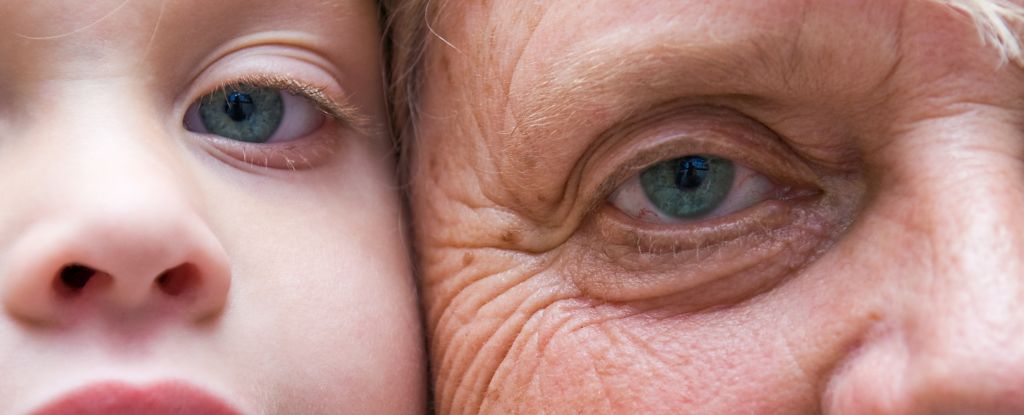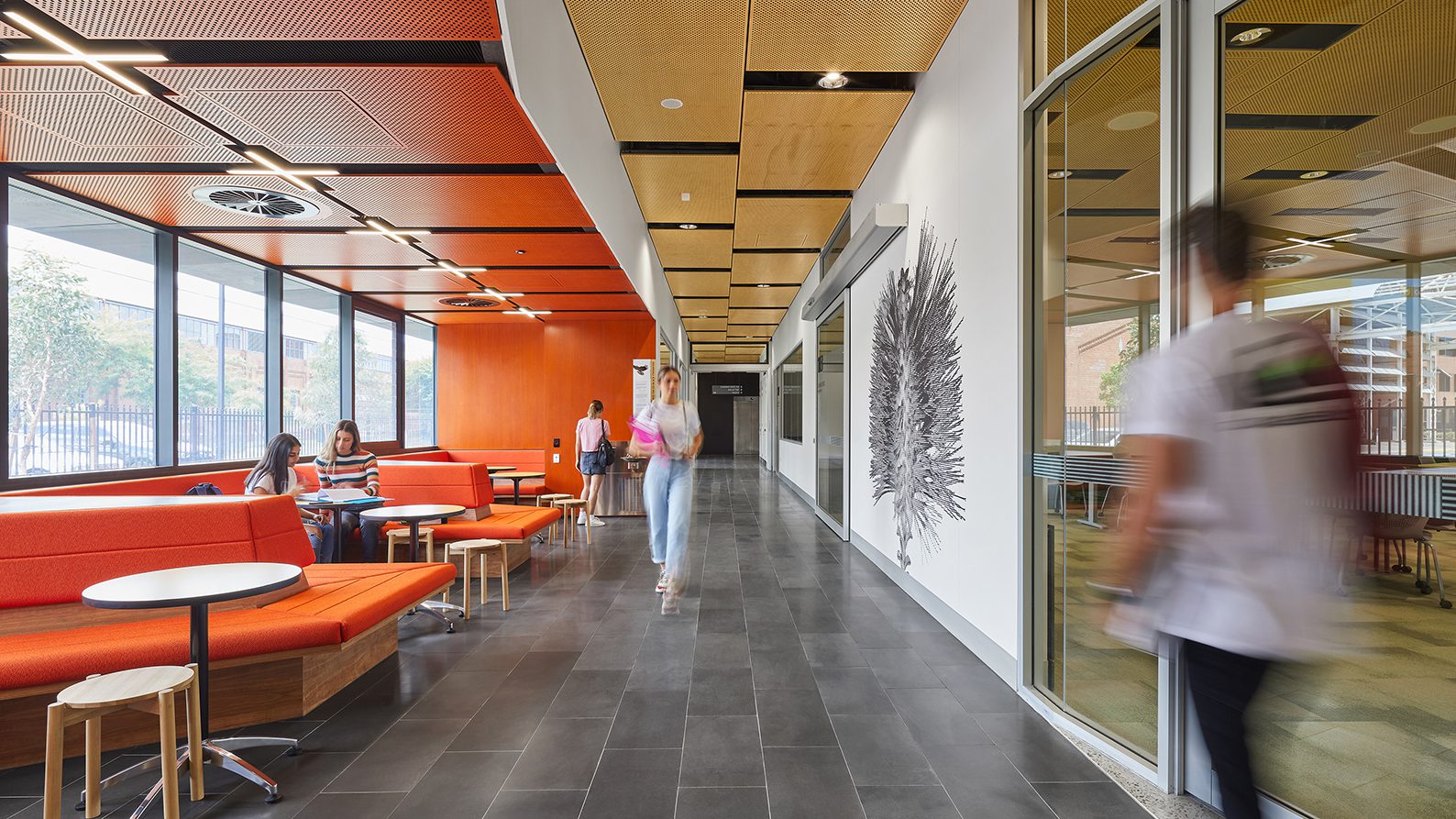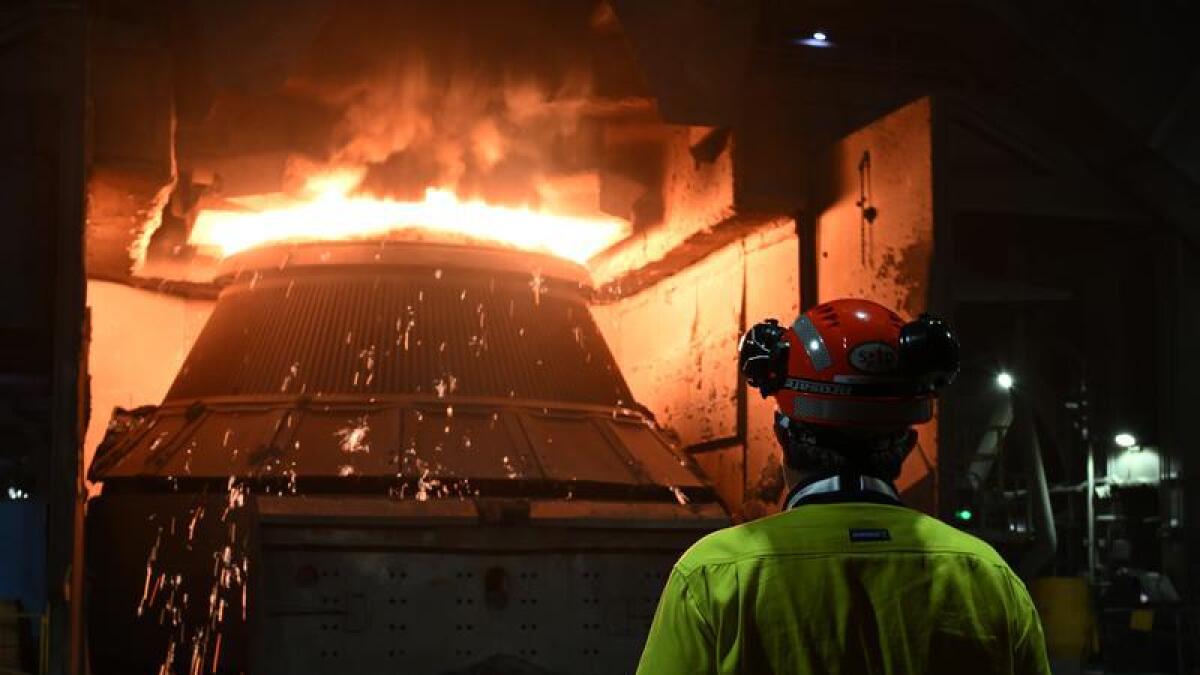
Research conducted by a team from the Chinese Academy of Sciences has revealed a significant turning point in human aging that typically occurs around the age of 50. This study identifies a marked acceleration in the aging process of various tissues and organs, with blood vessels showing the earliest signs of decline. The findings, published in the journal Cell, provide new insights into the biological mechanisms of aging.
The study examined tissue samples from 76 organ donors, aged between 14 and 68, who had died from accidental traumatic brain injuries. The researchers focused on how protein levels in different tissues change over time, collecting samples from various organ systems, including the cardiovascular, digestive, immune, endocrine, respiratory, integumentary, and musculoskeletal systems. Blood samples were also analyzed to develop a comprehensive understanding of the aging process.
One of the key discoveries was that expressions of 48 disease-related proteins increase with age, particularly between 45 and 55. This period was highlighted as critical for significant proteomic remodeling in various tissues, especially in the aorta, which demonstrated a strong susceptibility to aging. Changes were also noted in the pancreas and spleen, indicating a broader pattern of physiological decline.
To further validate their findings, the researchers conducted experiments on young mice by injecting them with a protein associated with aging found in the aortas of older mice. The results indicated that these treated mice exhibited reduced physical performance, lower grip strength, diminished endurance, and impaired balance and coordination compared to their untreated counterparts. This suggests that the aging process can have profound effects on physical capabilities.
Previous studies have indicated two additional peaks in the aging process, around the ages of 44 and 60. The new research adds to this understanding, suggesting that human aging is a complex, step-wise process that varies across different organ systems. Understanding these specific aging patterns may help in developing targeted medical interventions to mitigate age-related decline.
The researchers aim to create a comprehensive multi-tissue proteomic atlas that spans 50 years of human aging, elucidating mechanisms behind protein stability in aging organs. They believe that these insights could facilitate the development of targeted interventions for aging and age-related diseases, ultimately improving the health and quality of life for older adults.
This groundbreaking research lays the foundation for a systems-level understanding of human aging, providing a clearer picture of how different tissues and organs age over time. As the population continues to age globally, such findings could be pivotal in shaping future healthcare strategies.






